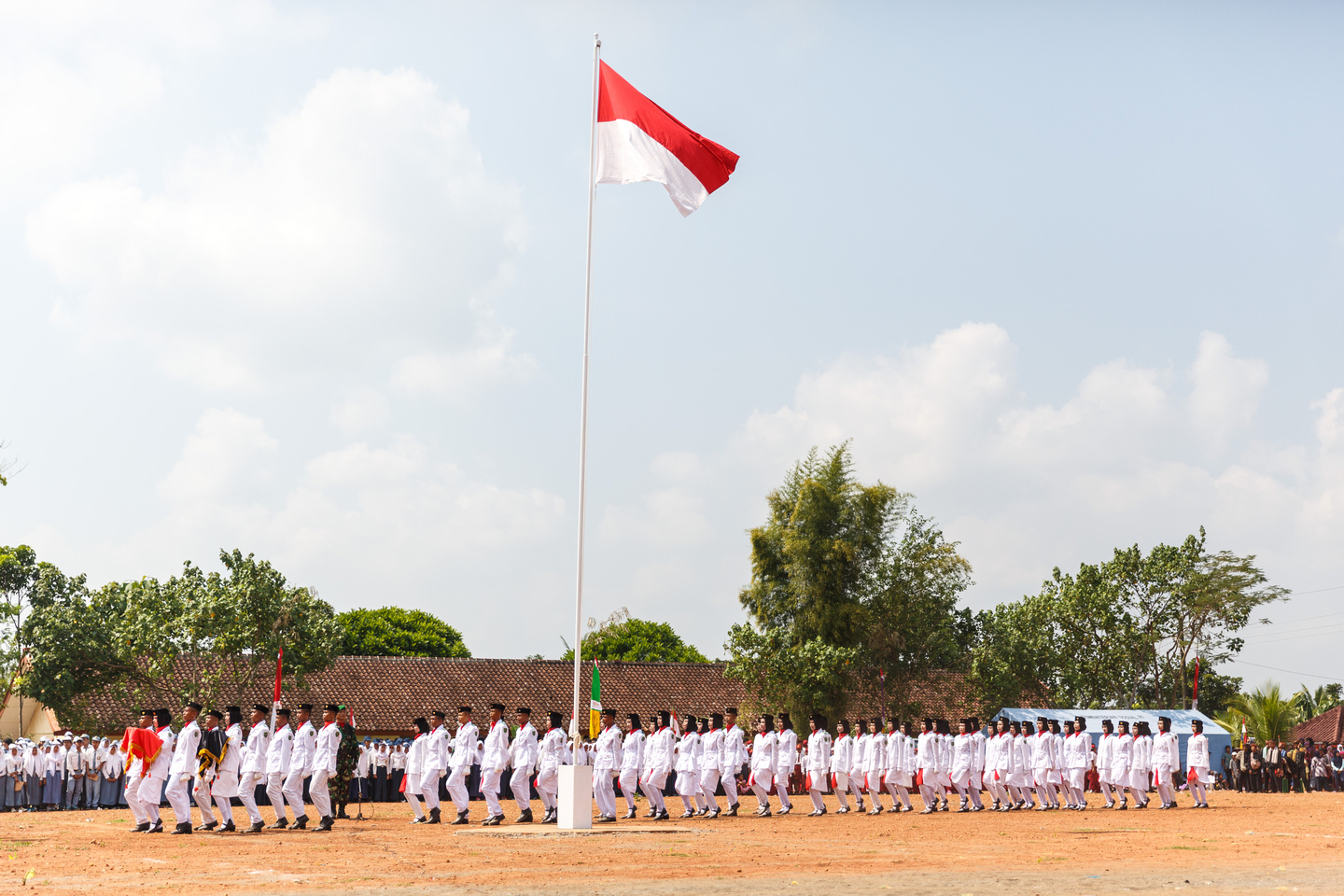
2017 marks the Lab’s fourth year, and it passed by quickly! Here are some of the highlights of our year and a quick recap of our journey.
It’s been a tough but rewarding journey
In 2014, we planted the seeds for the Jakarta Lab with projects aimed to help bring open data to the forefront in Southeast Asia. We worked with the Jakarta government to develop frameworks for open data, fostered relationships with civil society organisations in the Philippines and Indonesia – training them on accessing, analysing and using open data – and partnered with international and local organisations to increase the uptake of Freedom of Information in Banda Aceh.
In 2015, we officially launched the Jakarta Lab. We expanded our projects, convening governance and data experts from across Asia Pacific to shape the region’s open data agenda. We kick-started initiatives in four Asian countries, researched the value of open data for contracting and procurement processes in two countries and developed ways to use open data to strengthen government and civil society relations to achieve bureaucratic reform in Banyuwangi.
Finally, in 2016, we put our innovation skills to the test with out-of-the-box data projects. We used photography to capture the impact of data on everyday realities, gathered innovation leaders, data and tech wizards, policy makers and activists to collaboratively design tools for innovating with open data, and rolled out three initiatives aimed to shift the movement from “smart” to “open” cities.
Through the years, we’ve designed, tested and refined approaches and models meant to tackle social issues in bottom-up, contextually tailored and sustainable ways. We build projects and identify points where we feel we’ve made the impact we can, and hand them over to partners to take forward.
2017 was a blast – and we started to see the long-term gains of our hard work
This year, we kicked off two new projects:
- We’re researching and mapping the open contracting ‘infomediaries’ (information intermediaries) in Indonesia and the conditions under which they can become effective in open contracting advocacy and engagement.
- We’re working with Indonesia’s National Institute for Public Administration to develop a teaching-and-learning open data module for national and local government agencies as part of their future course offerings.
We also saw the successful wrap-up of three of our projects:
- In our ‘Innovating for Open Cities’ project, we incubated three partners who produced three applications to help their cities. In Jakarta, Radya Labs developed a data-based application to improve firefighting services and ICAIOS launched a disaster-preparedness campaign and a platform for collecting disaster data. In Banda Aceh, Perkumpulan Skala created a platform promoting local products and businesses.
- In Yogyakarta, we worked with Perkumpulan IDEA to increase women’s access to gender data in two villages and advocate for more gender-inclusive development.
- Regionally, we trained 30 participants from ten countries in Asia on how to implement open contracting to advance procurement reforms in their respective countries.
Parallel to these, we organised 14 events throughout the year promoting, increasing and strengthening open data practices in Indonesia. These include:
- A roundtable event with Transparency International Indonesia where we discussed our joint research that shows that five key G20 countries – including Indonesia – have failed to meet their commitments to tackle corruption through the publication of open government data.
- A workshop with 25 youth representatives from 15 countries across Asia on how to foster government and civil society collaboration, inspired by our project in Banyuwangi. This was part of a regional event organised by The International Republican Institute as part of their Generation Democracy programme, entitled “From Protest to Politics: How to Holistically Engage and Empower Youth”.
- A screening of ForEveryone.net – a short documentary telling the story of Tim Berners-Lee’s invention of the web and the challenges of keeping it open for everyone.
Over the last months, we also conducted research in Pontianak, Bojonegoro, Makassar and Kulon Progo to inform the formulation of Indonesia’s One Data Policy. We forwarded recommendations to Open Government Indonesia and the Kantor Staf Presiden on how the current draft can be improved, such as by adopting an “open by default” provision in the policy and access to data by citizens.
We’ve come a long way and we’re very grateful for the support of our partners and funders, the experiences we continue to collect and which shape the Jakarta Lab, and validation that our work with open data matters. We hope that you’ll stay with – or join – us as we continue to use open data to improve people’s everyday lives!
To keep up to date on our quest to keep the open data momentum going, follow us on Twitter @ODLabJKt.
Leave a Reply